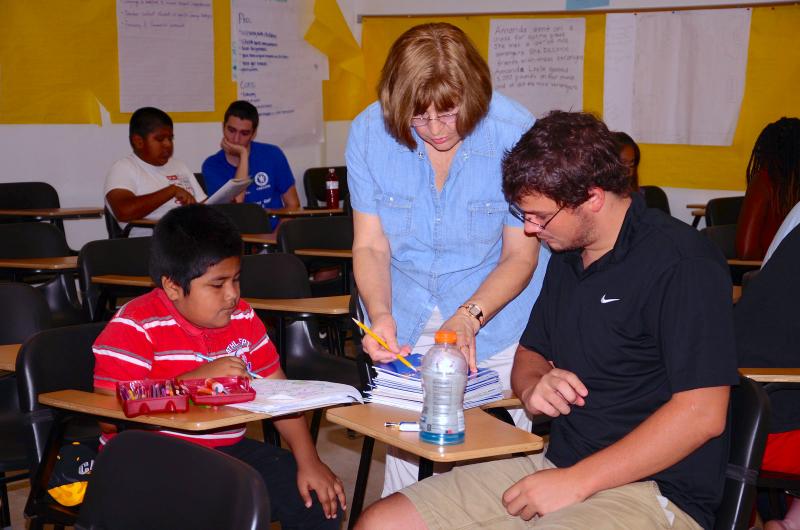
Florida State’s Foreign and Second Language Education (FSLE) program will prepare you for a rewarding career in teaching English as a second language (ESL) and foreign languages, such as Spanish, Italian, German, etc. We offer both research and practitioner degrees at the master’s, specialist, and doctoral levels.
In the interconnected world we live in, the demand for ESL teachers and foreign and second language teachers continues to increase both in America and overseas. Learning English is an invaluable skill in nearly every country, and English speakers are often eager to learn a second language. For those who go on to teach English to speakers of other languages, they will be treated to unique experiences found in no other profession.
In the master’s program, you have the opportunity to follow either an education or a research track. The education track offers solid theoretical and practical training to prepare you to teach English to speakers of other languages in the United States or abroad. In addition to offering the same coursework, the research track provides you with the opportunity to participate in individual and/or group research related to second language learning and teaching culminating in a thesis. This track also prepares you to pursue your FSLE education at the doctoral level. The master’s program is offered on-campus. As an added bonus, you’ll earn a graduate certificate in Teaching English to Speakers of Other Languages (TESOL) automatically when you complete the master’s program! Our online master's program in Curriculum & Instruction also offers a concentration in Foreign and Second Language Education for current teachers.
In the doctoral program, you will take courses in foreign and second language teaching methodology, second language acquisition, research methods, language assessment, the psychology of language learning, as well as educational psychology and policy. You will have the opportunity to conduct individual and team research on current issues in second language teaching and learning and present research findings at major scholarly venues.
Interested in earning a master's in Teaching English to Speakers of Other Languages (TESOL)? Learn more about our online master's in TESOL here.
In order to meet minimum University admission requirements, applicants must have:
- A bachelor’s degree with at least a 3.0 GPA – An earned bachelor’s degree from a regionally accredited U.S. institution, or a comparable degree from an international institution, with a minimum 3.0 (on a 4.0 scale) grade point average (GPA) in all coursework attempted while registered as an upper-division undergraduate student working towards a bachelor’s degree.
- GRE test scores*. Official test results are required from the General Test of the Graduate Record Examination (GRE). These scores are considered official only when they are sent directly to the Office of Admissions from the testing agency. Examinee copies are not considered official. Graduate Record Exam (GRE): http://www.ets.org/ – FSU Institution Code: 5219. The Educational Testing Service (ETS) does not retain scores longer than five years. If your test scores are older than five years, you may have to retake the test to have official scores sent directly to FSU from the testing agency. If you have the report that was mailed to your home address for older scores, then FSU will accept that report.
- M.S. and Ed.S. applicant target scores: Verbal – 146+, Quantitative – 140+
- Ph.D. applicant target scores: Verbal – 151+, Quantitative – 145+, Writing – 3+
- *NOTE: The GRE admission requirements for master's and specialist programs have been waived through Fall 2026.
- Language proficiency test (international students only)– FSU accepts scores from TOEFL (minimum 80), IELTS (minimum 6.5), MELAB (minimum 77), Cambridge C1 Advanced Level (minimum 180), Michigan Language Assessment (minimum 55), and Duolingo (minimum 120)
- Transcripts – Applicants must submit an official transcript from each college and/or university attended. Transcripts should be sent to the Office of Graduate Admissions electronically at graduateadmissions@fsu.edu or via mail in a sealed envelope:
- Florida State University
Office of Graduate Admissions
314 Westcott Building
P.O. Box 3061410
Tallahassee, FL 32306-1410
- Florida State University
Admission to graduate study is a two-fold evaluation process. The Office of Admissions determines eligibility for admission to the University, and the academic department, program, or college determines admissibility to the degree program. University graduate admissions requirements are found at https://gradschool.fsu.edu/admissions/graduate-admissions. Academic programs have additional requirements.
Florida State University requires a course-by-course credential evaluation for all applicants that have degrees from a non-U.S. institution. International and domestic applicants with degrees earned from international institutions must submit their official transcripts through a NACES approved evaluator for transcripts from a non-U.S. institution. SpanTran has created a custom application for Florida State University that will make sure you select the right kind of evaluation at a discounted rate. See the “Transcript Requirement” section on The Graduate School website, https://gradschool.fsu.edu/admissions/graduate-admissions, for detailed information on University transcript requirements for graduate admission.
Applicants must upload the following REQUIRED supporting documents to the Admissions Application Portal:
- Statement of purpose – should describe your purpose for pursuing a degree, qualifications and long-term career goals.
- A one-page document for M.S. and Ed.S. applicants
- A two-page document for Ph.D. applicants
- Letters of recommendation
- Two (2) for M.S. and Ed.S. applicants
- Three (3) for Ph.D. applicants
- One page resume/curriculum vitae
- Writing Sample – it is acceptable to submit a paper used in another class, or one that was published.
Master’s and Specialist programs:
- Fall: July 1
- Spring: November 1
- Summer: March 1
Doctoral program:
- Fall: December 1 (priority deadline); February 1 (final deadline)
If you are interested in applying, please contact STE-GradCoord@fsu.edu.
Curriculum choices in our master’s and specialist programs are designed to enable students to become teacher leaders, college instructors, as well as curriculum specialists, state testing specialists and textbook company representatives. Doctoral program graduates are prepared to become university professors, researchers and leaders in the field.
According to the U.S. Bureau of Labor Statistics, job outlook for high school teachers is expected to grow 7.5% through 2026, which equates to approximately 76,800 new jobs. The job outlook for instructional leaders/coordinators is expected to grow up to 10.5% through 2026. That translates into over 17,000 new jobs nationwide. The median national annual salary range for instructional leaders/coordinators is $64,450 per year. In the state of Florida, foreign and second language areas are identified as critical shortage areas. For university or college professors, the Bureau predicts a 11.9% increase in jobs by 2026, totaling 4,100 new jobs. The median national salary is $67,640 per year.
A career in education can be very rewarding, and a typical path offers ample opportunities for professional development and growth. Educators make a difference in the lifelong learning experience of their students, as well as, the quality and standards of the programs they teach.
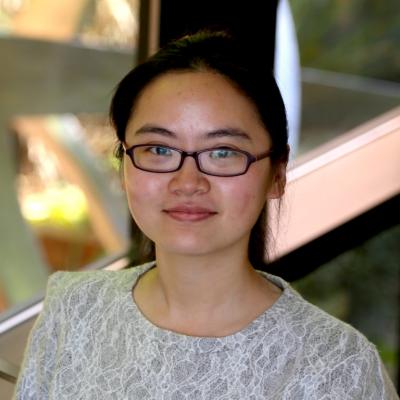
My research interests include second language (L2) motivation, grit and L2 persistence, L2 learner's mindset, and identity development. I also teach Chinese as a foreign language in FSU’s Department of Modern Languages and Linguistics.
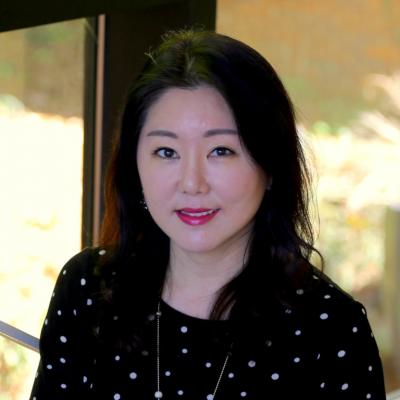
My research interests are centered on second language acquisition, individual learner’s differences, cross-cultural studies in second language learning and teaching. More specifically, I am interested in L2 learners’ motivation and achievement in L2 teaching classroom contexts concerning the characteristics and traits in which individuals may differ from one another. Since motivation can be seen as a key aspect to second language acquisition, providing the initial stimulus provoking the commencement of the learning process as well as the driving force to sustain it, I am also interested in how learners’ motivation can be promoted by effective teaching through task manipulation and feedback.
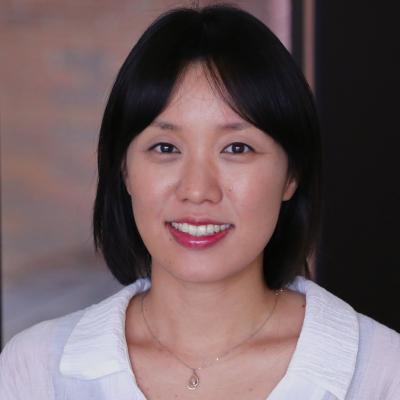
I taught English as a foreign language in South Korea and Kyrgyzstan, and my central interest as a teacher has been to find out task conditions that effectively facilitate each of my students’ English learning. My research interests, therefore, lie in the areas of task-based language teaching and learners’ individual difference (ID) in second language (L2) acquisition. I specifically research how different ways of task manipulation influence L2 writing performance and development. I am also interested in the roles of learners’ cognitive and affective ID factors in various L2 instructional environments.
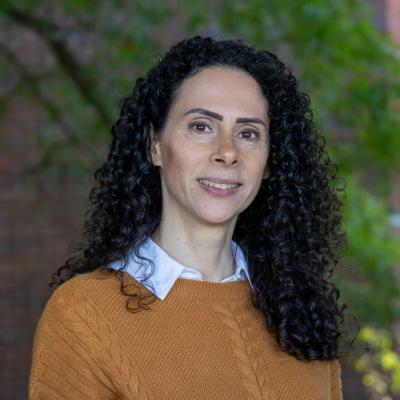
Before joining the FSLE Graduate Program at FSU, I was an instructor of English Language and Literature for more than two decades. I witnessed how many learners struggled with L2 anxiety, especially when it came to L2 speaking. That is why, now my interests include L2 anxiety, classroom social climate, and feedback-seeking behavior. I hope my work will help ESL/EFL teachers create a classroom social climate that is more conducive to L2 learning which would decrease learners’ anxiety and promote their feedback-seeking behavior.
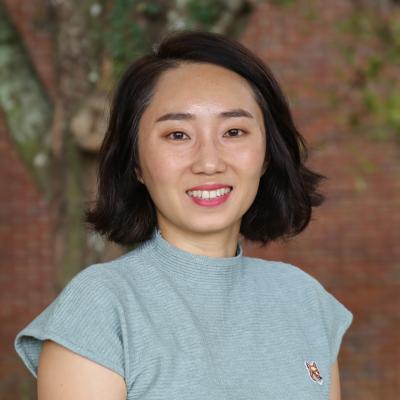
I have several years of experience teaching English as a foreign language in secondary schools in Korea. Based on my background, I'm interested in how teachers' feedback on students' writing influences their motivation and engagement in classroom activities. Another concern is whether students' motivation and engagement are meaningfully related to their academic achievement. Currently, I'm interested in whether metacognitive instruction affects students' engagement and actual achievement.
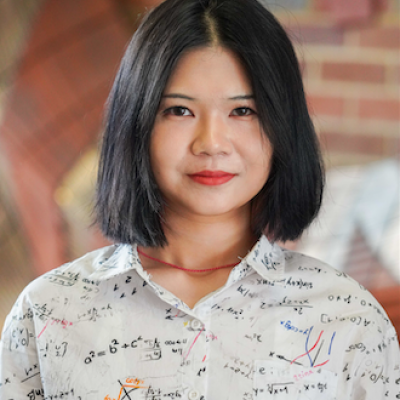
I am interested in multiple aspects of ESL/EFL curriculum design, especially how to engage students in the course by involving individual variables, e.g., identity and beliefs. Having been ESL/EFL teachers for years, I hope my research and my teaching experiences can help pre-service ESL/EFL teachers better facilitate their students to improve their language proficiency.
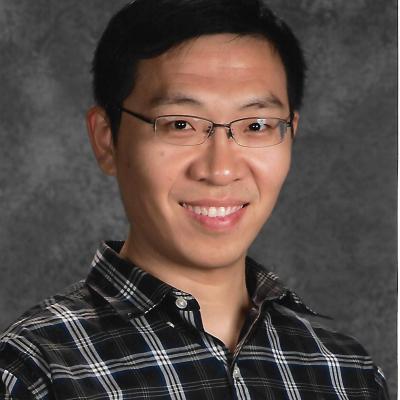
I have some experience of teaching English in China and teaching Chinese in America. I love teaching language and wonder what happens behind the language teaching and learning. Currently, my research interest is corrective feedback in the second language acquisition. Hopefully, in the future, I can see myself as a competent researcher and instructor.
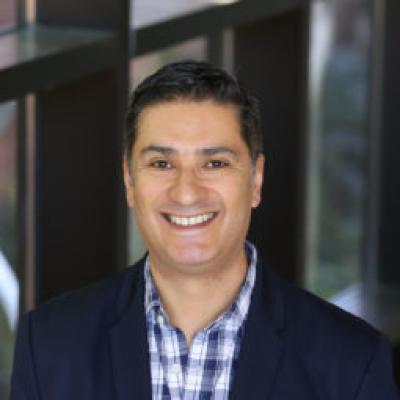
As a teacher educator, I am interested in instructed second language acquisition (ISLA) and task-based language teaching (TBLT). My research is oriented toward the implementation of TBLT in the Colombian context and the implications it may have on teaching and learning English as a foreign language. I am also interested in teachers' and students' wellbeing through the lens of positive psychology.

I am interested in various aspects of second language writing. My research to date has focused on written corrective feedback and the effect that peer feedback has on students’ writing abilities. I am also intrigued by the alignment of reading and writing skills and how reading impacts language learners’ lexical decisions and grammatical choices when writing in the target language.
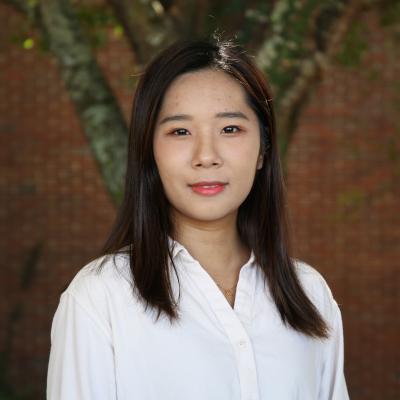
My research interests are task-based language teaching (TBLT), task complexity, interests and engagement. My research tries to explore how TBLT affects students’ level of interest and cognitive engagement. Before being a doctoral student, I taught English as a foreign language to high school students in China. I look forward to my research and teaching complementing each other.
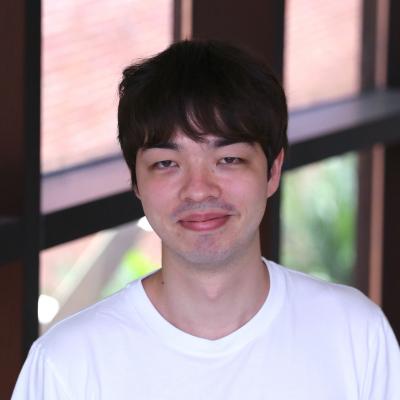
My research interests include second language (L2) motivation, success/failure attributions, self-efficacy, and persistence. I have taught English at Japanese cram schools for more than three years. In Japan, demotivation is a relatively common phenomenon among English learners. My ultimate goal as a researcher is to understand the complex interactions among demotivators and find an effective way to prevent demotivation in the Japanese context.
Click here to learn more about our faculty in the Foreign and Second Language Education program.
The School of Teacher Education Graduate Student Association (STEGSA) provides a relaxed space where students and faculty can develop a supportive community to productively share ideas, get feedback, and learn from each other. Click here to learn more!


